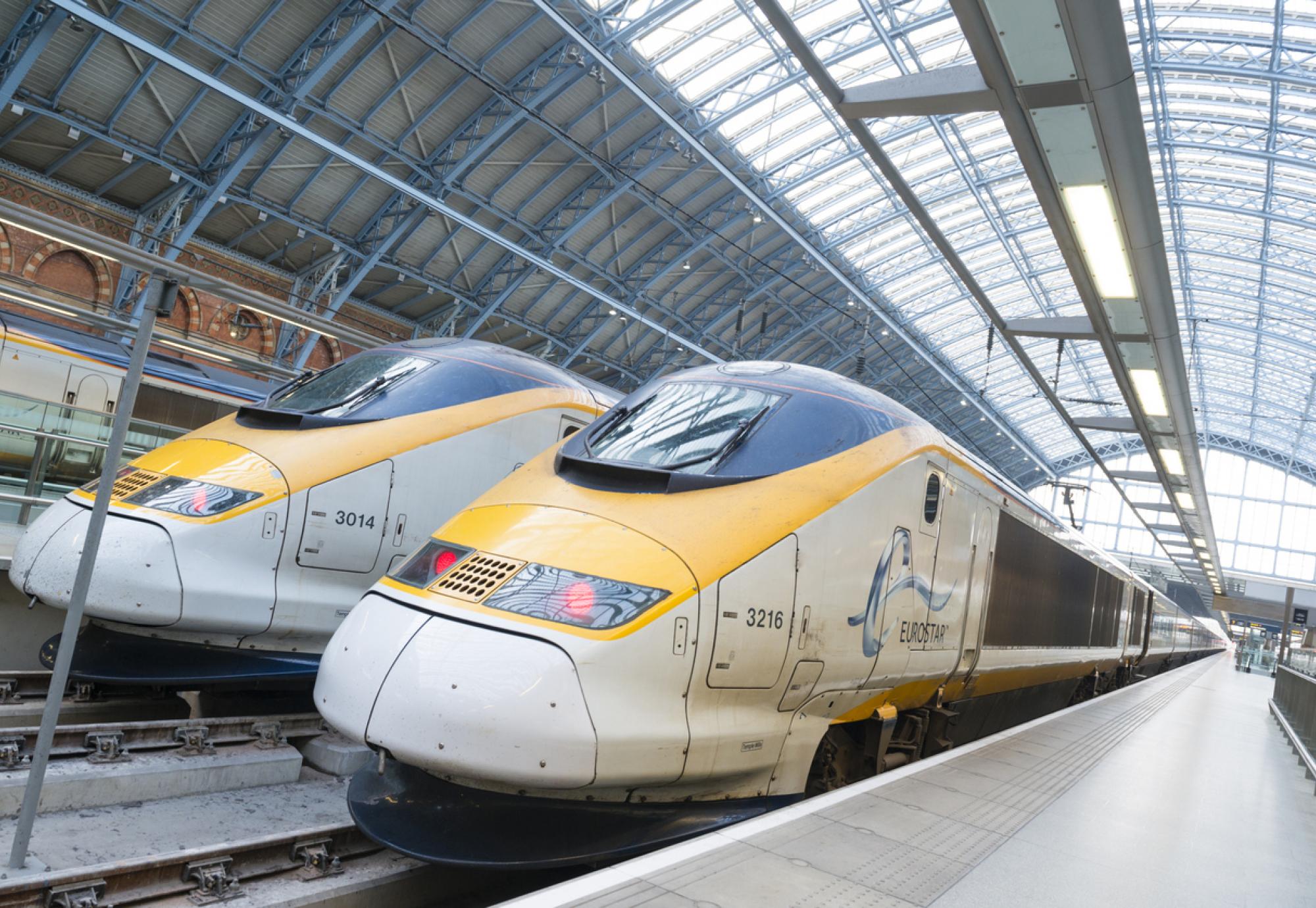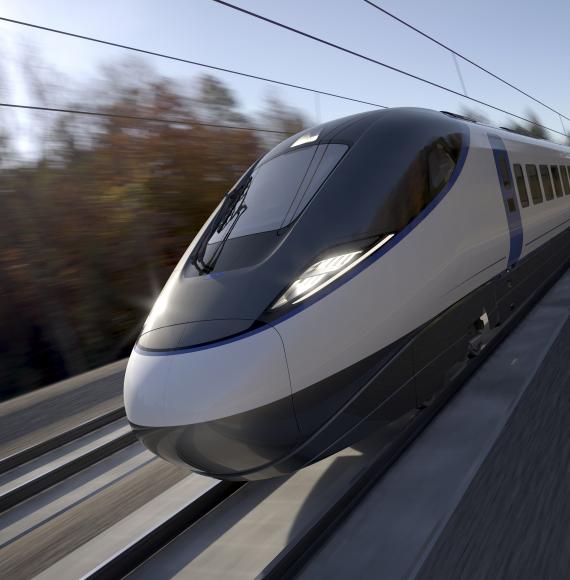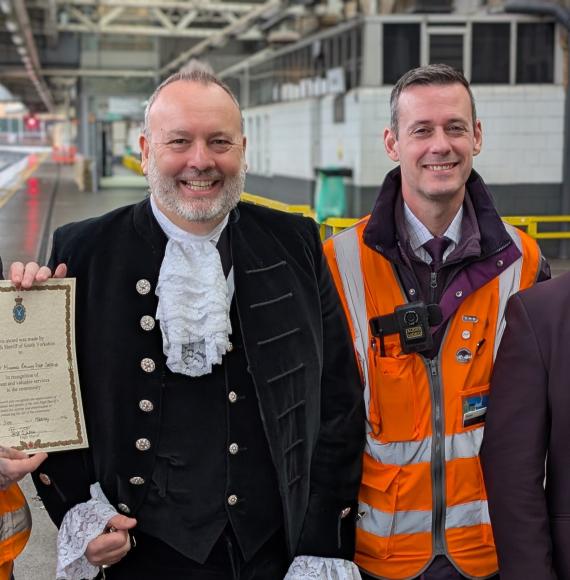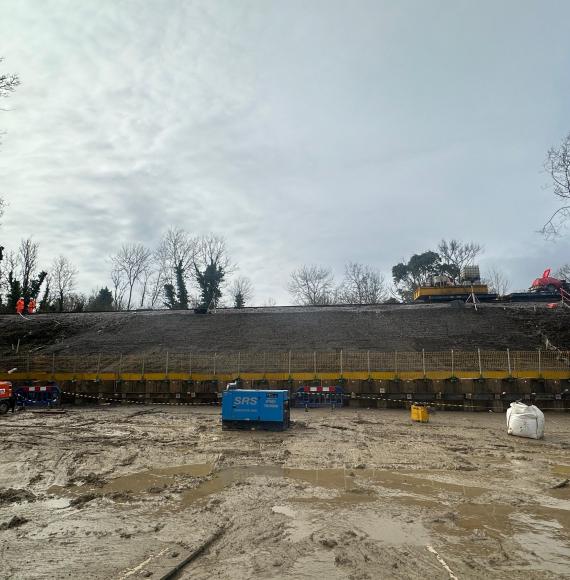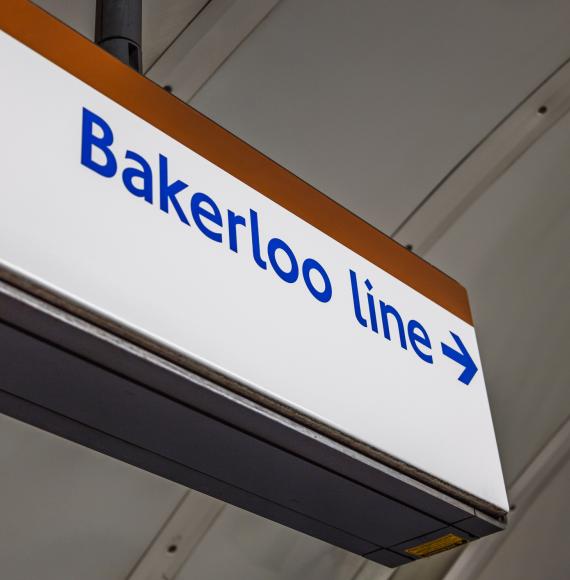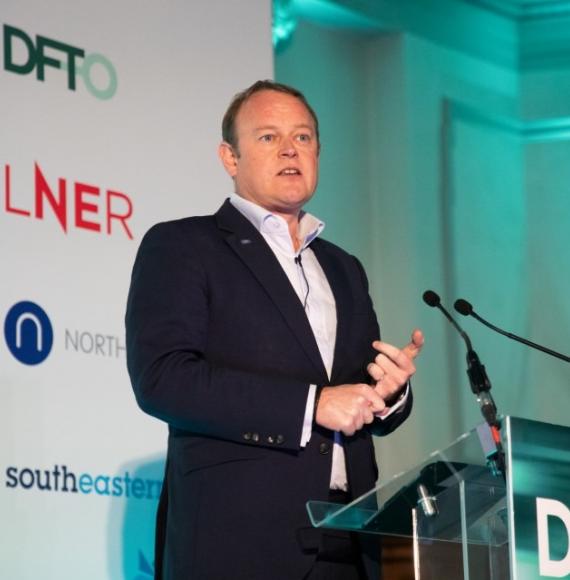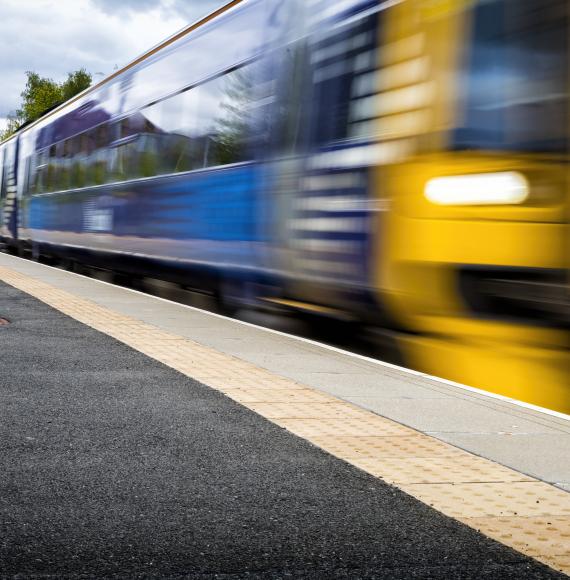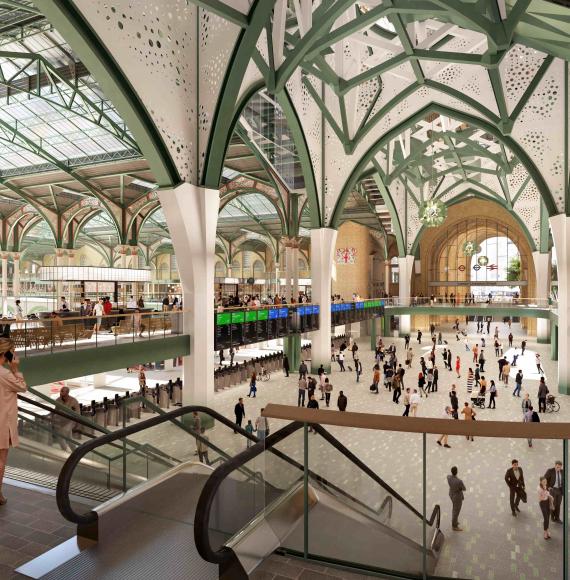An annual review has found that HS1 has driven down costs and improved performance in spite of significant challenges including the pandemic, energy market volatility and high inflation.
The high-speed railway has invested in innovative technology and collaborated with partners to save millions of pounds and slash train delays.
The review found strong operational performance, with HS1 measuring delays in seconds, not minutes, at an average of 11.8 seconds.
The report also highlighted HS1’s continued work alongside stakeholders to drive down costs. The introduction of an innovative energy-saving solution, where the electricity feeder switches to standby mode when not needed, recouped £1.1 million in annual electricity savings.
This saving comes a year after HS1 introduced regenerative braking, which amounted to £2.6 million in electricity savings. These savings have been passed on to operators to encourage lower ticket prices.
Richard Thorp, Director of Engineering at HS1, said: “Today's report demonstrates that the HS1 line is reliable, efficient and well run. We have collectively been able to drive down costs and manage the high-speed line effectively for our customers despite financial pressures and an ongoing energy crisis.
“Demand for rail travel both domestically and internationally is growing and we are excited about the future. More services on the line will be a win for passengers the environment and the economy.”
HS1 is in the early stages of planning upgrades to St Pancras International to meet long-term growth targets, while also meeting the growing demand for green rail travel.
Increased numbers of operators are also expected on the line as part of the growth strategy, meaning charges for individual operators could come down. This is despite the fact that HS1’s business costs are expected to rise over the next five years.
Image credit: iStock

